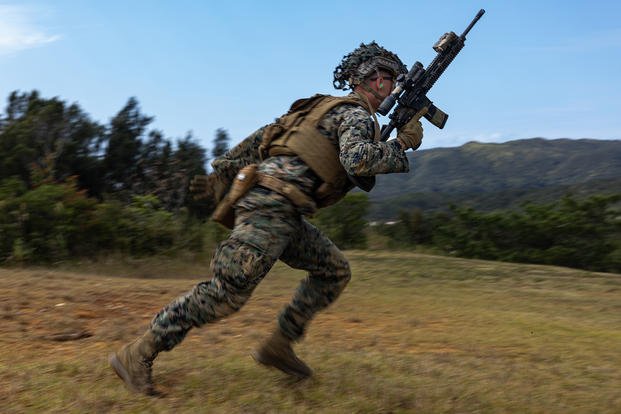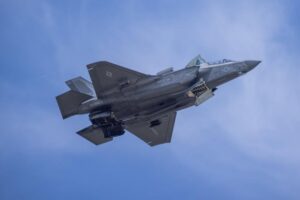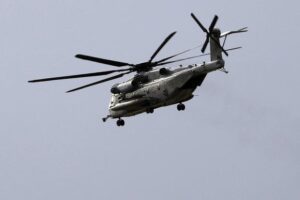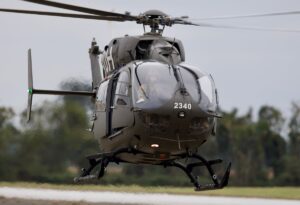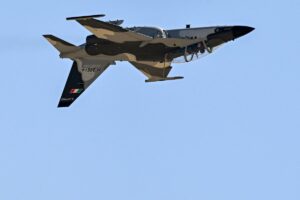Marine Corps’ New Littoral Regiment Faces Logistics Challenges in the Pacific
In the vast expanses of the Pacific, the Marine Corps’ recently established littoral regiment is adapting to a landscape marked by geopolitical tensions and logistical hurdles. As China extends its military reach, the Marine Corps is tasked with sustaining its forces across this challenging terrain.
Col. Peter Eltringham, the commander of the 12th Marine Littoral Regiment, emphasized the significance of logistics in a recent interview. He highlighted the challenges posed by the proliferation of modern warfare technologies like drones and missiles. Established in late 2023, the regiment has completed its three-unit structure, as detailed in a Military.com report.
The 12th MLR stands out as a nimble, low-profile unit designed for rapid response, aiming to be elusive in the face of adversaries. However, the readiness of the Navy’s amphibious warships, which play a crucial role in transporting Marine units and supplies, remains a concern. To address this, the 12th MLR plans to disperse its forces across the Pacific’s numerous islands to ensure combat support.
Eltringham pointed out that logistics will be “complicated by the adversary’s ability to influence” the Pacific region. Marines handling explosive ordnance disposal, supply, engineering, and beach landing support are at risk of becoming targets in a potential conflict with China, where disrupting supply chains is a strategic goal.
China’s capacity to deploy drone swarms and ballistic missiles against supply lines poses “very real” challenges, Eltringham noted. He stressed the importance of the Marines’ survivability, especially those involved in logistics and support roles.
Comprising a littoral combat team, an anti-air battalion, and a logistics battalion, the 12th MLR is designed to operate in remote areas, ensuring resupply and support for its teams. According to the Georgetown University Center for Security Studies, logistics will be crucial for operational readiness in any potential conflict with China, requiring speed and resilience.
Similar logistical challenges were reported with the 3rd MLR, another unit geared for Pacific engagement. As per Military.com’s coverage, the 3rd MLR’s training also emphasized the importance of utilizing local environments.
Eltringham emphasized self-sufficiency, stating, “They put us in a situation where we are without communication or without logistical resupply for sustained periods of time, so that we’ve got to be ready.” He noted that jungle warfare training is instrumental in preparing Marines to function independently until they receive support.
The logistics team is expected to operate from diverse locations, including airfields, beach zones, and ports across the Pacific. Based in Okinawa, Japan, the 12th MLR operates as a “stand-in force,” maintaining a continuous presence in the region.
To aid logistics, Marines will utilize the Autonomous Low-Profile Vessel, or ALPV, known as the “narco-boat,” and water purification systems capable of producing 15 gallons of water per hour. “I think what we owe those Marines is the ability to train on that gear and then be able to adapt as quickly as possible,” Eltringham remarked, acknowledging the constraints of the contested environment.

